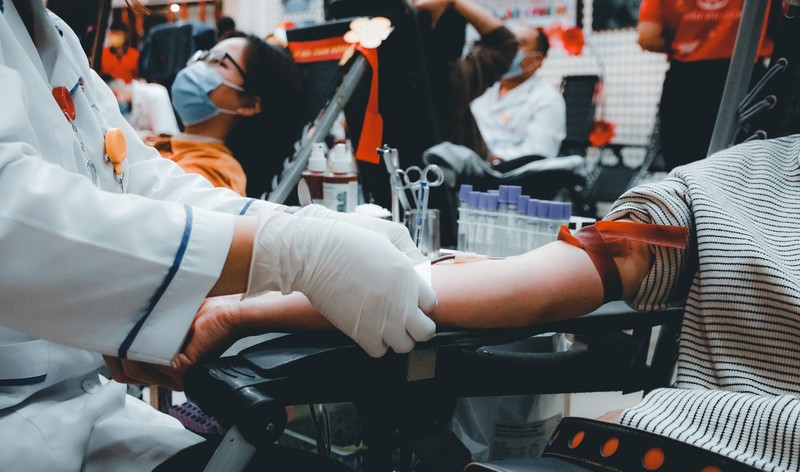As Canada Blood Services (CBS) deals with decade-low donation levels, the nation’s top blood supplier hopes that paying people to get jabbed will get more veins through the door.
Driving the news: CBS, which oversees donations everywhere in Canada except Quebec, signed a 15-year deal with Barcelona-based pharma company Grifols to collect (and pay for) blood plasma, which is used for a mix of treatments, like for blood disorders and cancers.
- Under the terms of the agreements, Grifols will source blood plasma from Canadians for Canadian patients needing transfusions or battling antibody deficiencies.
- The deal specifies that none of the plasma collected, nor the immunoglobulins made with Canadian plasma, can be sold internationally—phew!
How it works: Grifols will set the pay rates. Currently, at its Winnipeg centre, donors are paid $100 for the first six visits before being bumped down to $35-55 per donation.
Why it matters: Plasma donations only meet 13.5% of national demand in Canada, so 80% of the country’s supply actually comes from the US, and its thriving pay-for-plasma market.
Yes, but: There are major ethical concerns around paying for plasma donations, chiefly the fact that paid donation centres typically target those who are struggling to make ends meet.
- A 2021 US study found the typical plasma donor was under 35 and made less than US$20,000, and donation payments effectively acted as substitutes for payday loans.
- The system drives them to donate as much as legally possible (or find workarounds), which can damage their immune systems long-term for limited financial gain.
What’s next: It’s not yet known how many collection centres Grifols will open across the country, but its Montreal immunoglobulin manufacturing facility is set to open in 2026.
